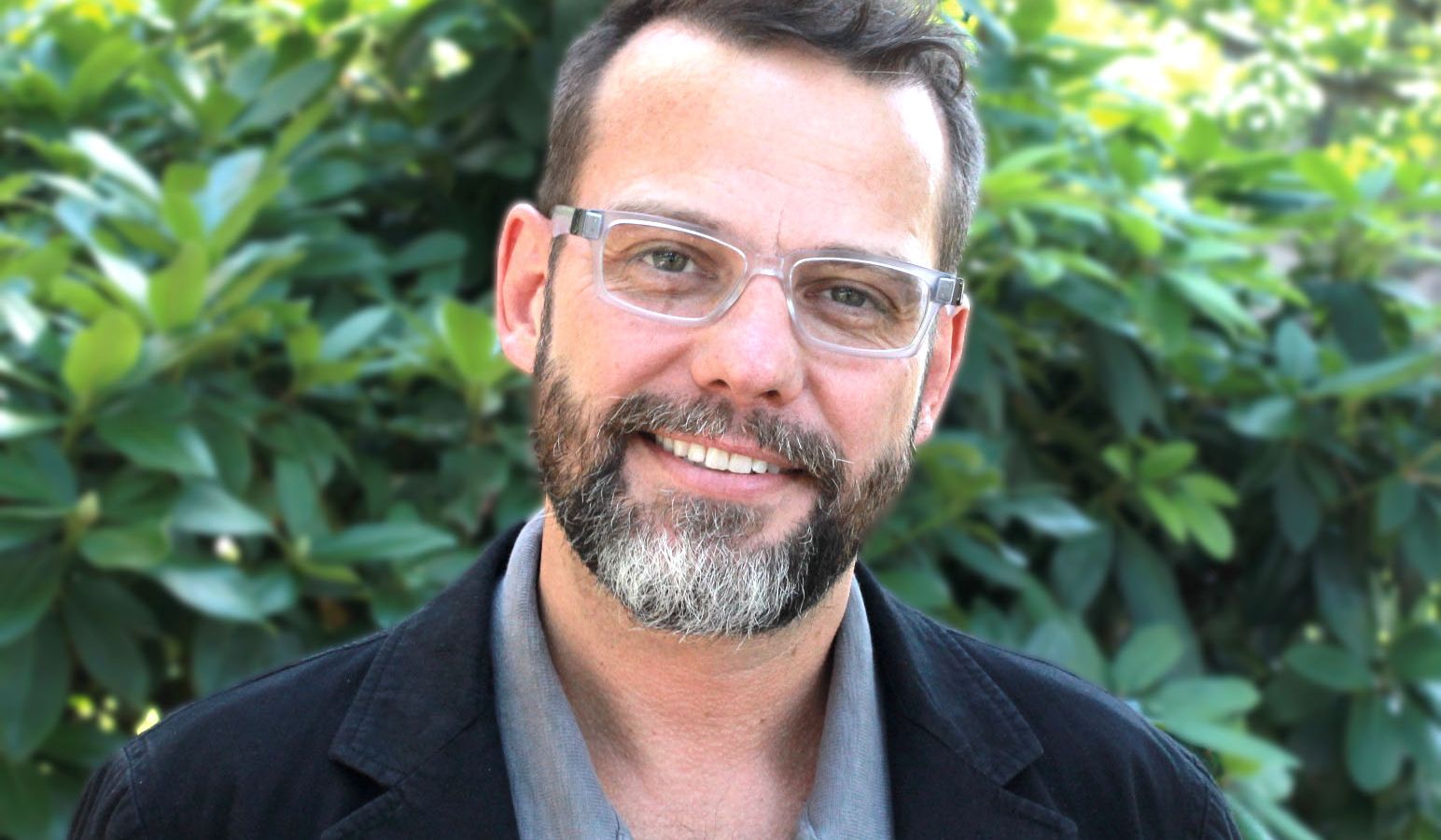Associate Dean Taylor Joins Leading HIV-Related Researchers at Global AIDS Conference

Unveils research on smartphone-based music app that may help patients living with HIV
S. Wade Taylor, PhD, associate dean at BUSSW, joined more than 5,000 scientists, clinicians, public health experts, and community leaders from 140 countries gathered at the 2019 International AIDS Society Conference on HIV Science in Mexico City for knowledge-sharing on the latest in HIV-related research — with a focus on moving science into practice and policy to address the epidemic.
Taylor presented research on the Acceptability of a Smartphone-Based Music Intervention for Chronic Pain and Problematic Opioid Use Among Patients Living with HIV, noting that chronic pain is common among patients living with HIV and is often associated with substance use disorders, including problematic opioid use, which may affect antiretroviral medication adherence and engagement in care.
“Music has been known to be an adjunctive treatment for chronic pain and may increase the response to endogenous opioid expression – opioid peptides that act on receptors throughout the central nervous system to cause pain relief, reduced anxiety, and enhanced mood, effects similar to opiate drugs. Preliminary evidence from our other studies show that music-based intervention does positively affect mood and pain catastrophizing (irrational thoughts leading to worse case thinking) in patients with chronic pain,” Taylor says. “Our research goes on to explore whether smartphone-based music intervention would be acceptable among this group of patients living with HIV and chronic pain and who reported problematic opioid use.”
According to Taylor, HIV infection continues to be a critical issue for sexual minority men (SMM) in the U.S., and engagement in HIV care and antiretroviral medication adherence is vitally important. “We know that the chronic pain common among HIV patients is also associated with lower quality of life, decreased engagement in care and increased substance use disorders. Our study focused on gathering qualitative interview data and pre-post quantitative data on a smartphone-based music intervention app called Unwind that could improve negative affects among these patients.”
“After using the app for 10 minutes, participants reported significant decreases in negative affect and pain catastrophizing,” Taylor says of the results. “This provides preliminary evidence that even short episodes of music may improve mood and pain relief and that an innovative, original smart-phone music intervention is acceptable among this unique high-need group.”
Taylor’s presentation was well received by conference participants and prompted conversations about future work centered around the feasibility of music intervention among this specific population in a pragmatic trial to determine effects on pain, engagement in care, use of illicit substances, and misuse of opioids.
Taylor says his hope is that a novel intervention app like Unwind can substantially increase both positive mood affect and medication adherence, while decreasing pain perceptions and problematic opioid use. “Ultimately, it is about helping patients living with HIV have the best quality of life.”
View the full conference poster.